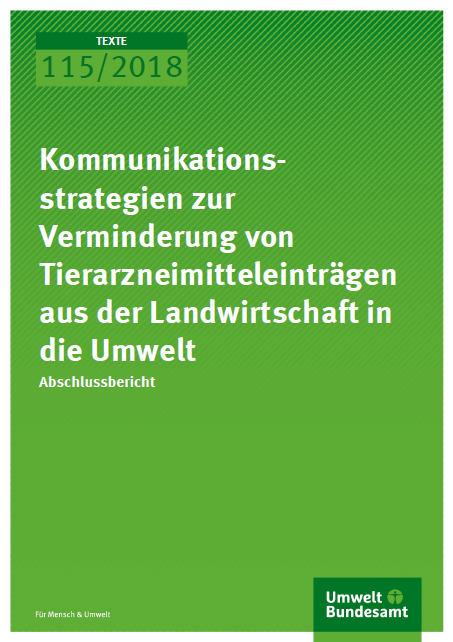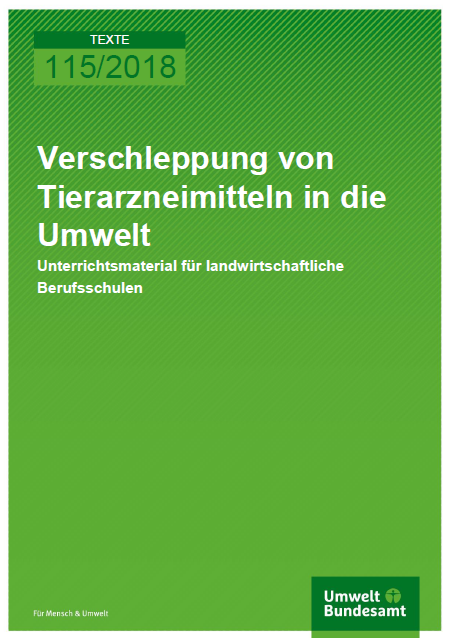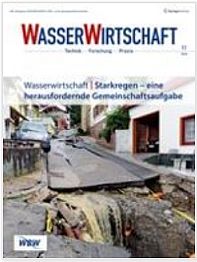Publication:Report
Publication:Document
Umweltaspekte von Tierarzneimitteln in der tiermedizinischen Praxis
Lehrmaterialien für Tierärztinnen und Tierärzte
Year
Read morePublication:Document
Verschleppung von Tierarzneimitteln in die Umwelt
Unterrichtsmaterial für landwirtschaftliche Berufsschulen
Year
Read morePublication:Article
Dieser Begriff ist ein Sieg für alle, die nichts verändern wollen
Framing-Check: "Klimawandel"
Year
Read morePublication:Article
Europa in der Polarisierungsfalle
Befürworter der EU bescheren Salvini und Orbán einen strategischen Vorteil.
Year
Read morePublication:Report
Publication:Report
Entwicklung eines quantitativen Modells "Nachhaltiges Deutschland" – Band 1
Band 1: Das D3-Modell
Year
Read morePublication:Report
Entwicklung eines quantitativen Modells "Nachhaltiges Deutschland" – Band 2
Band 2: Simulation der Potentiale und Auswirkungen einer Transformation hin zu einer nachhaltigen Gesellschaft
Year
Read morePresentation:Lecture
Event:Workshop
Presentation:Speech
Publication:Article
Publication:Report
Presentation:Panel discussion
Presentation:Panel discussion





